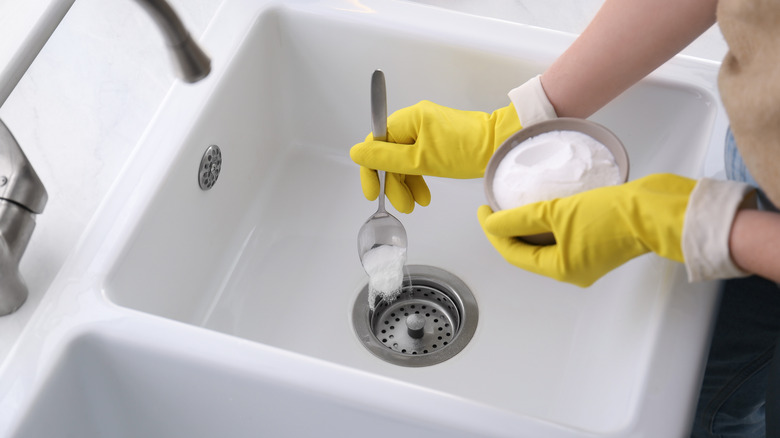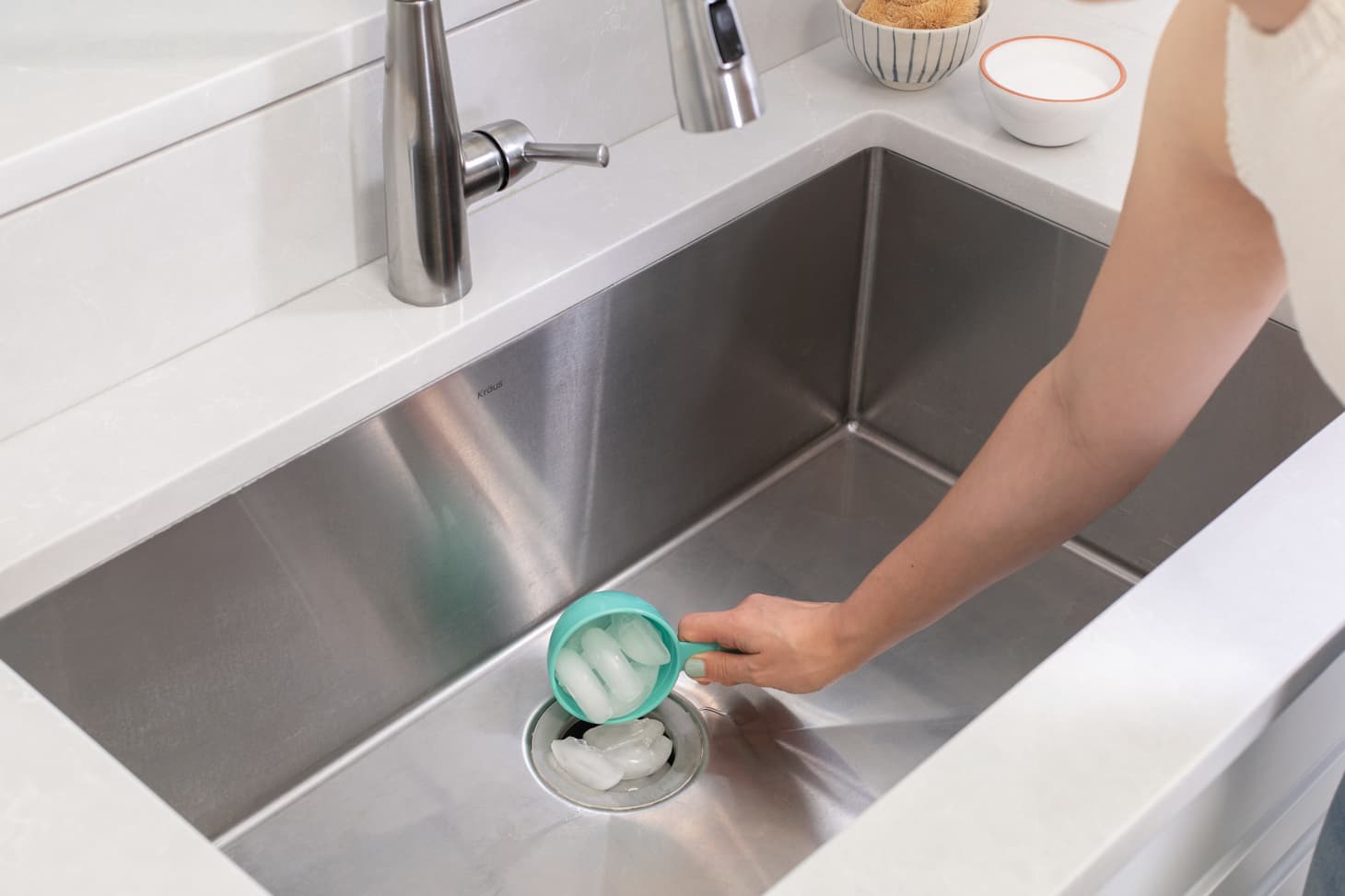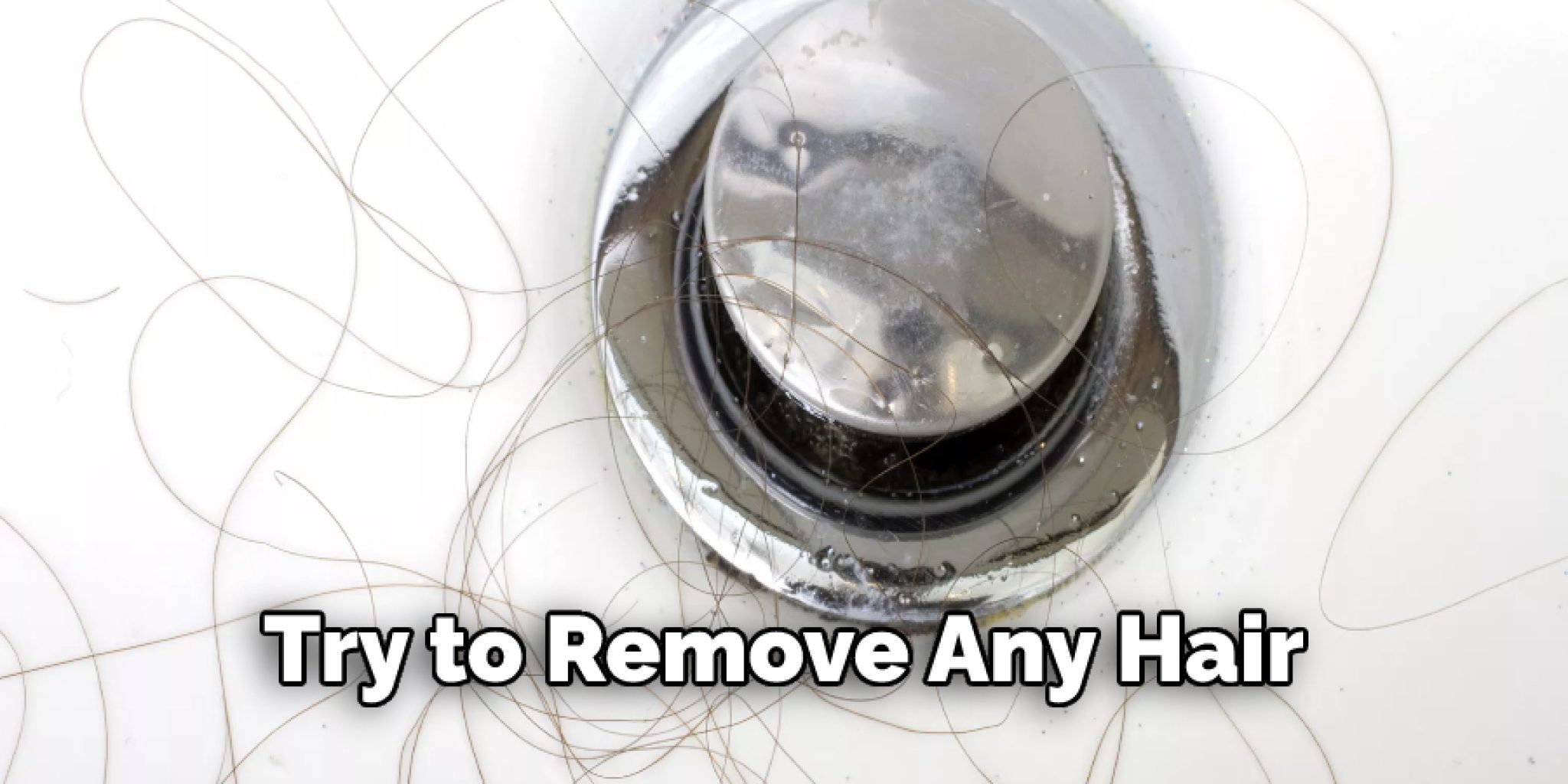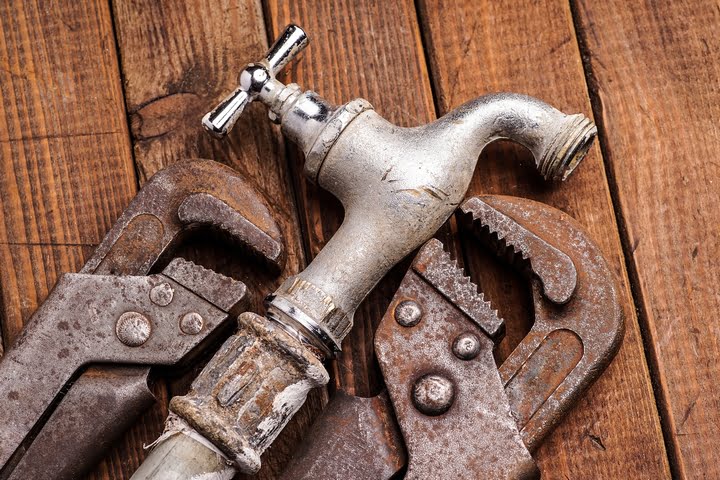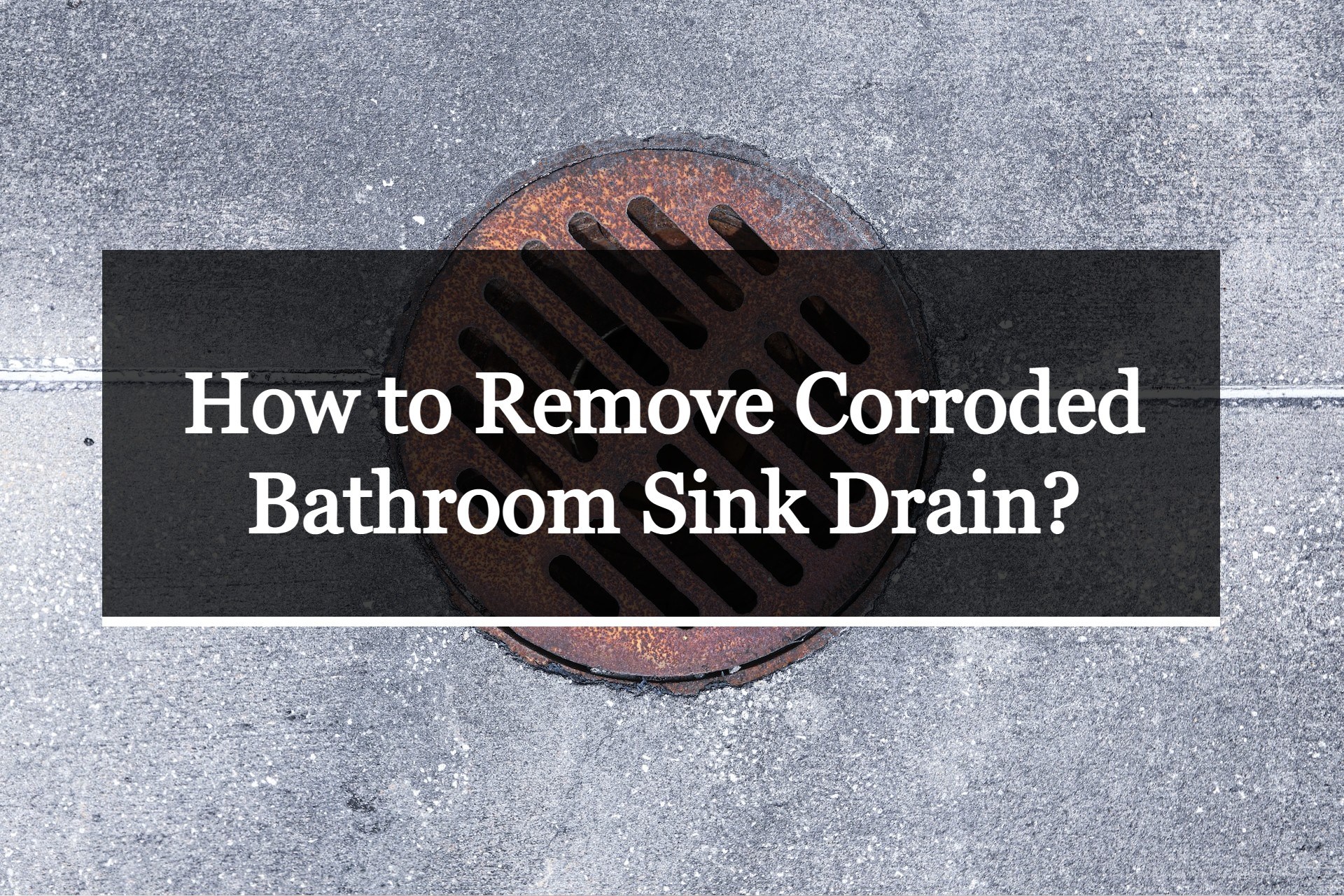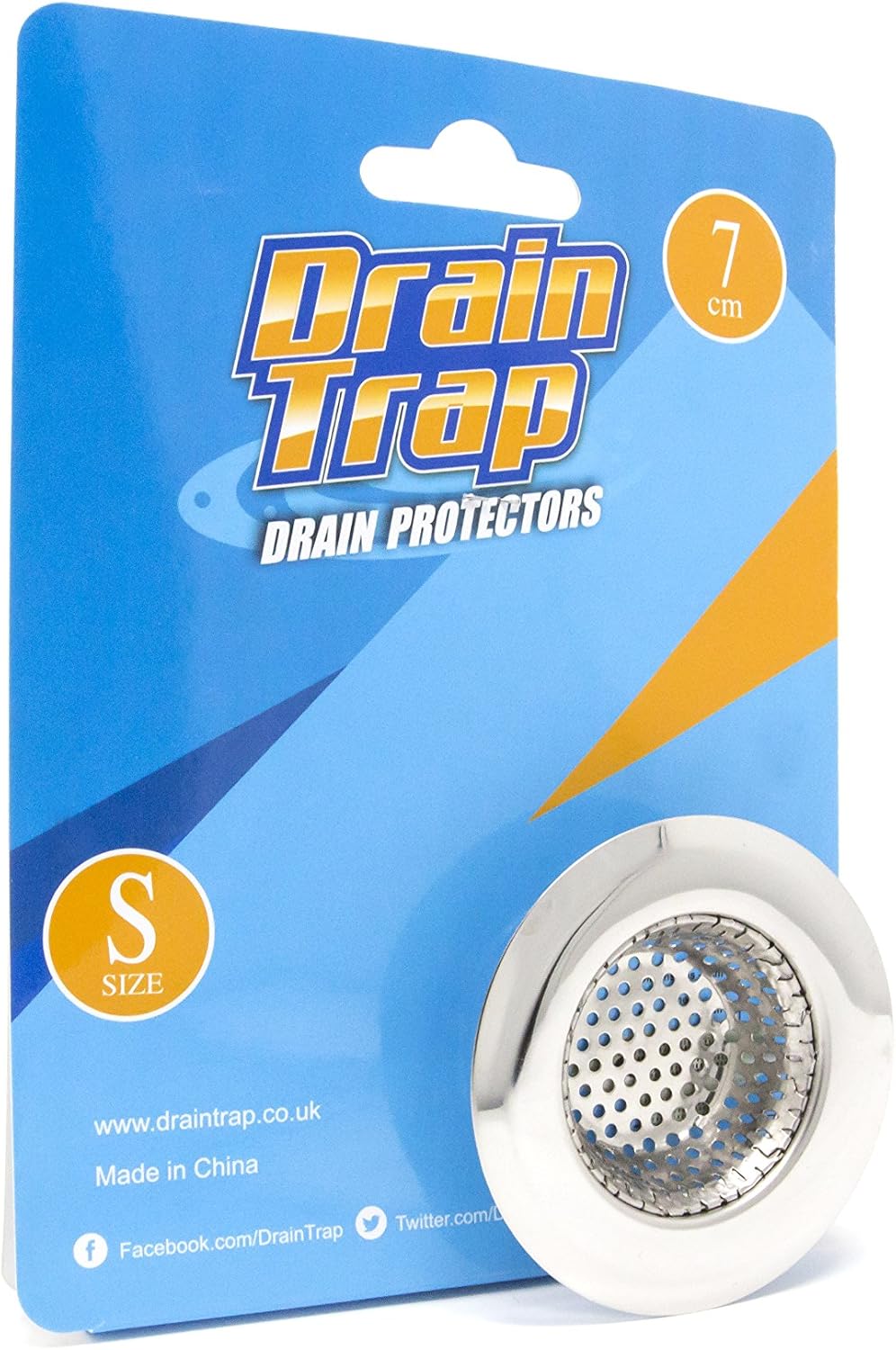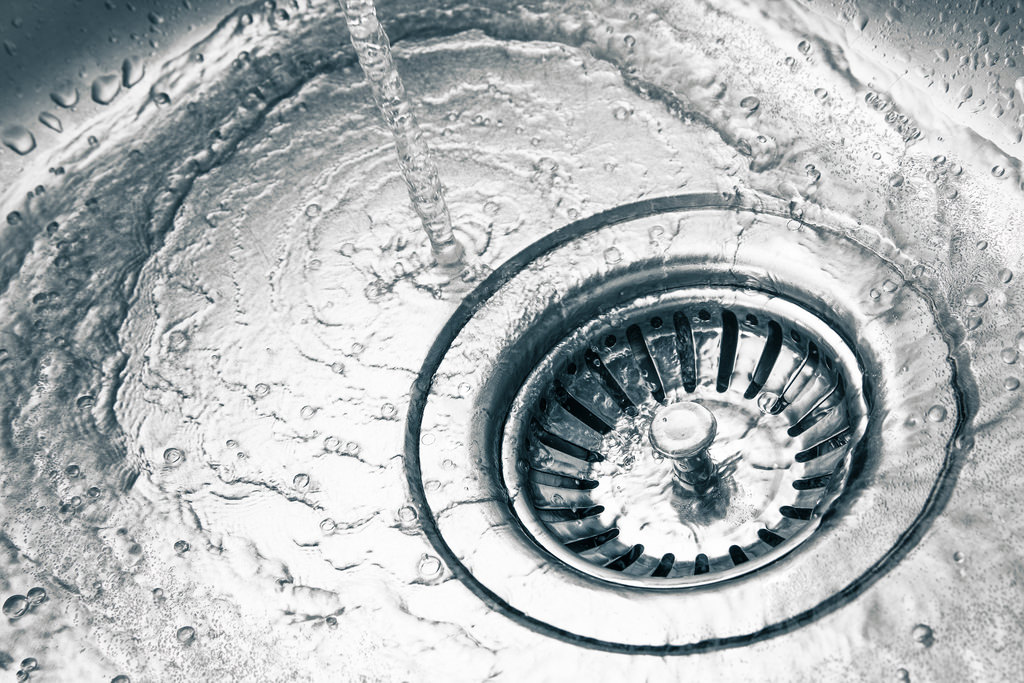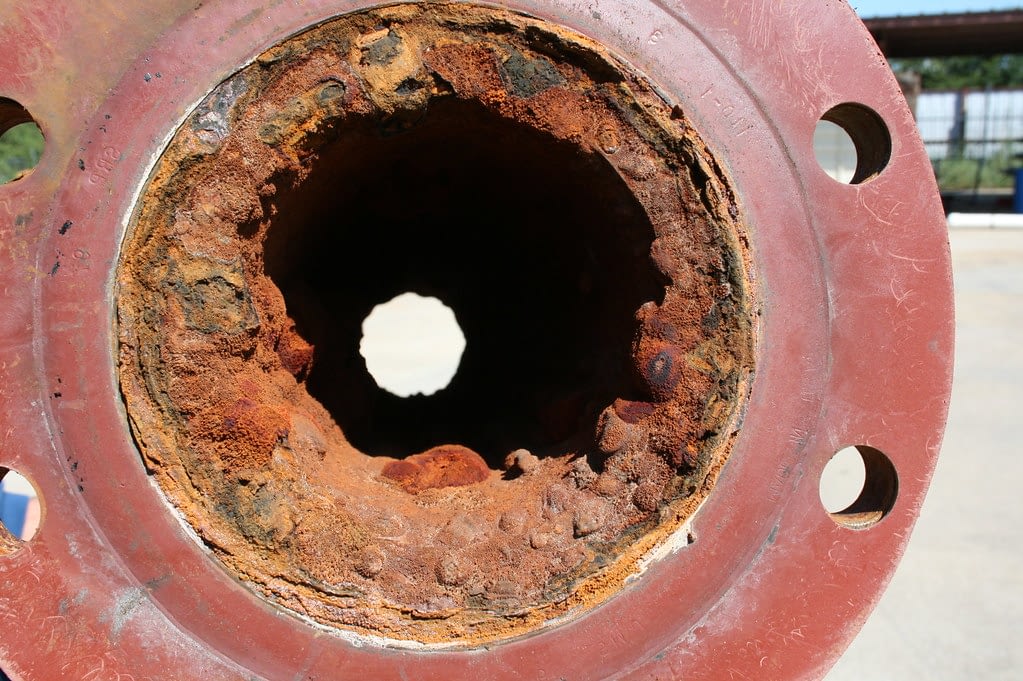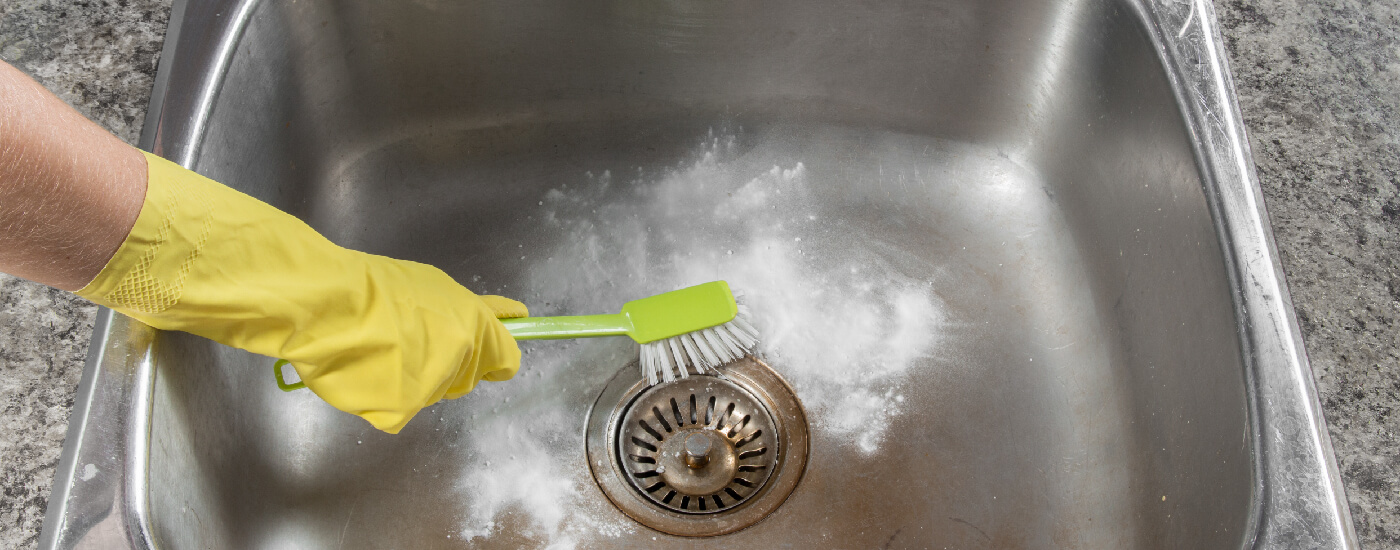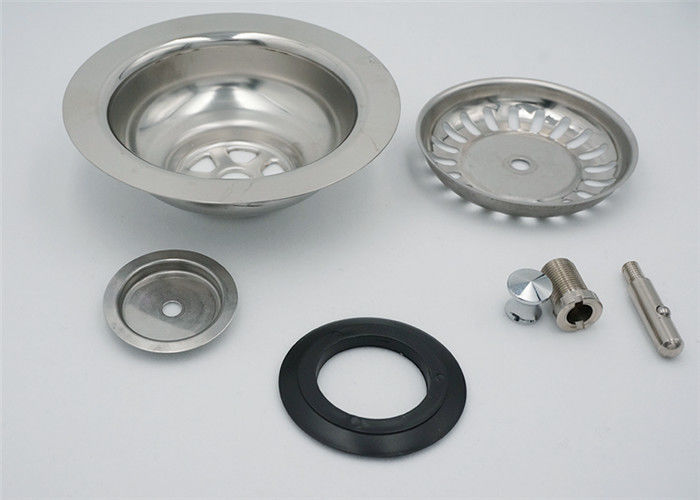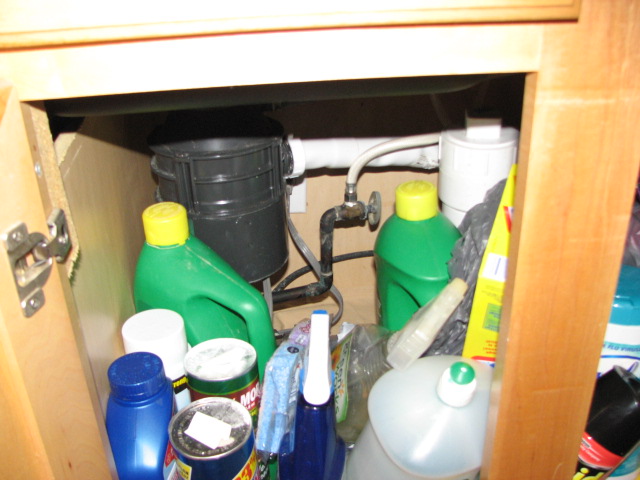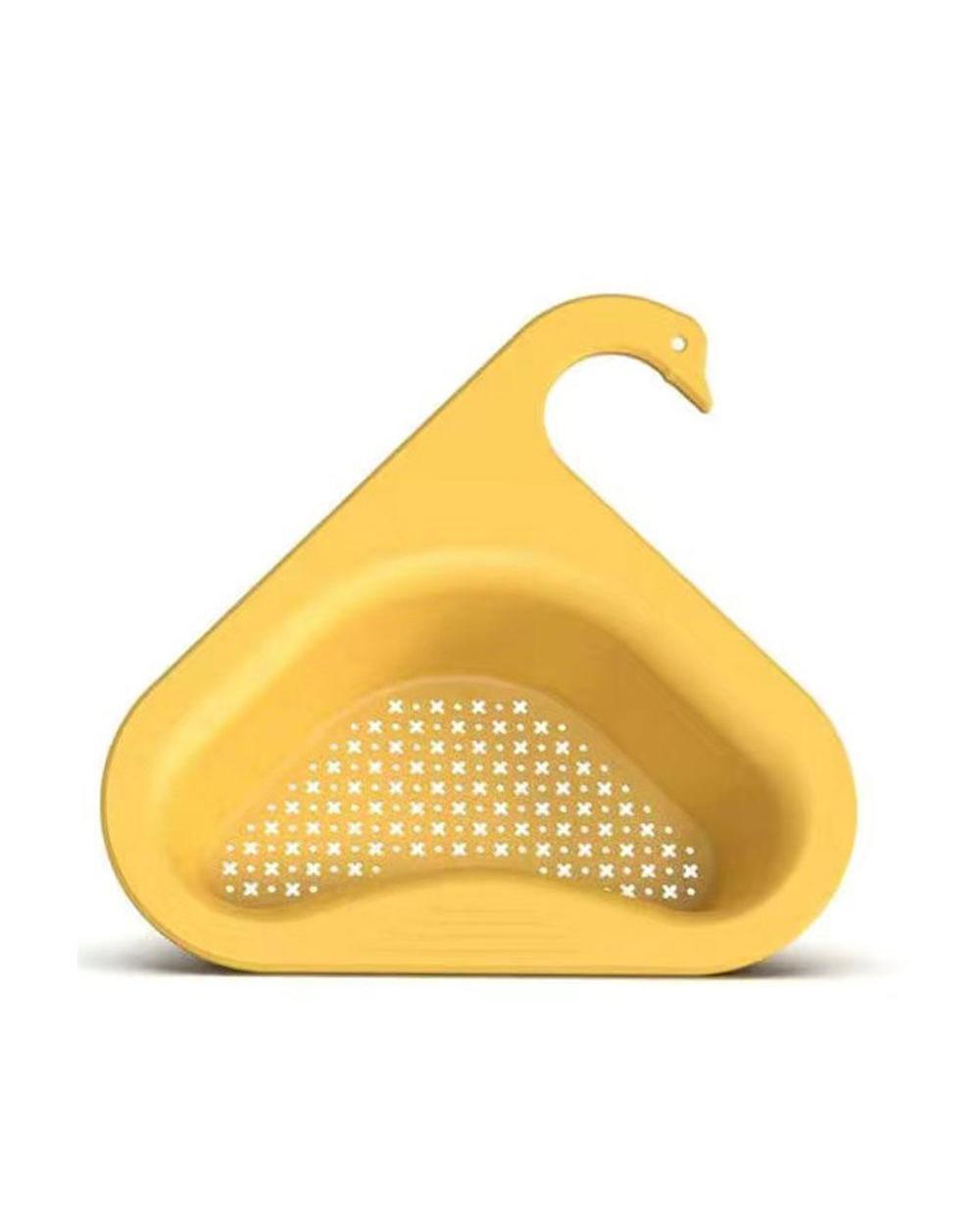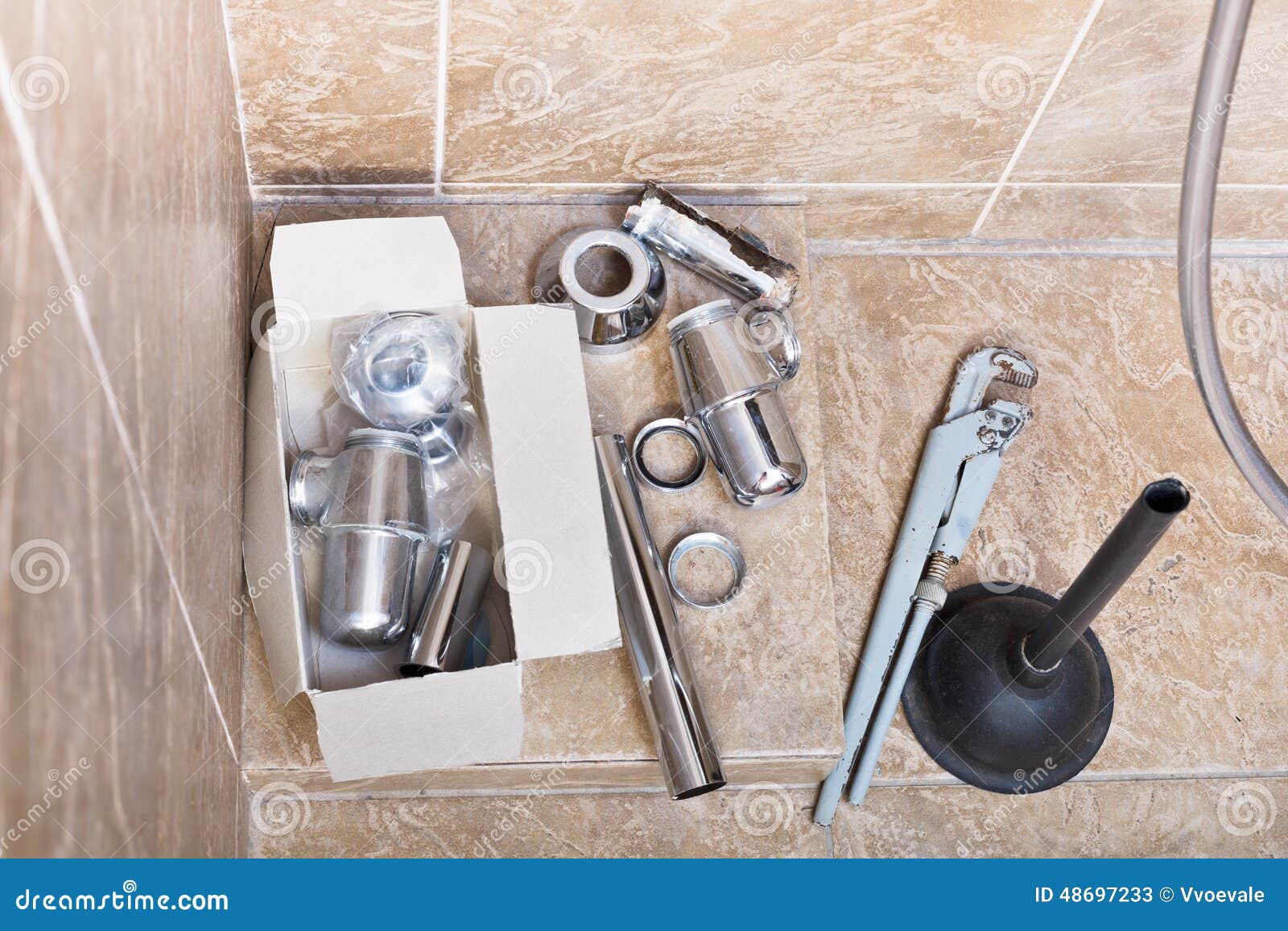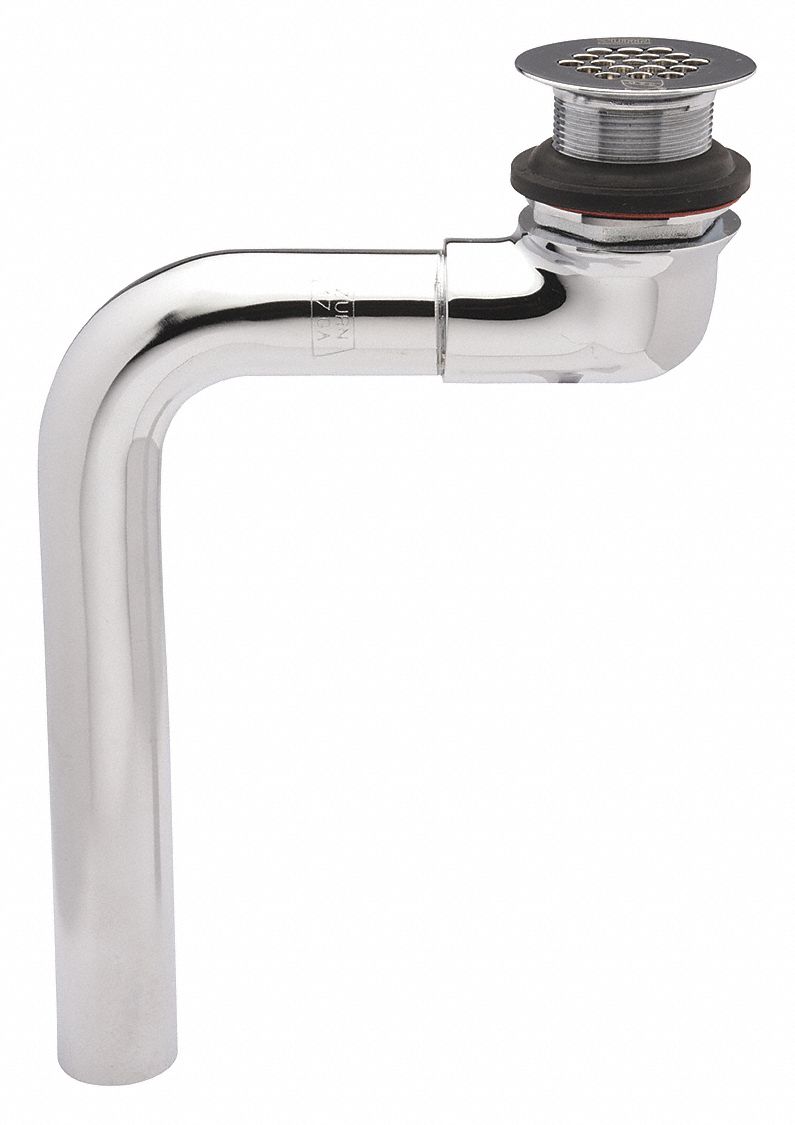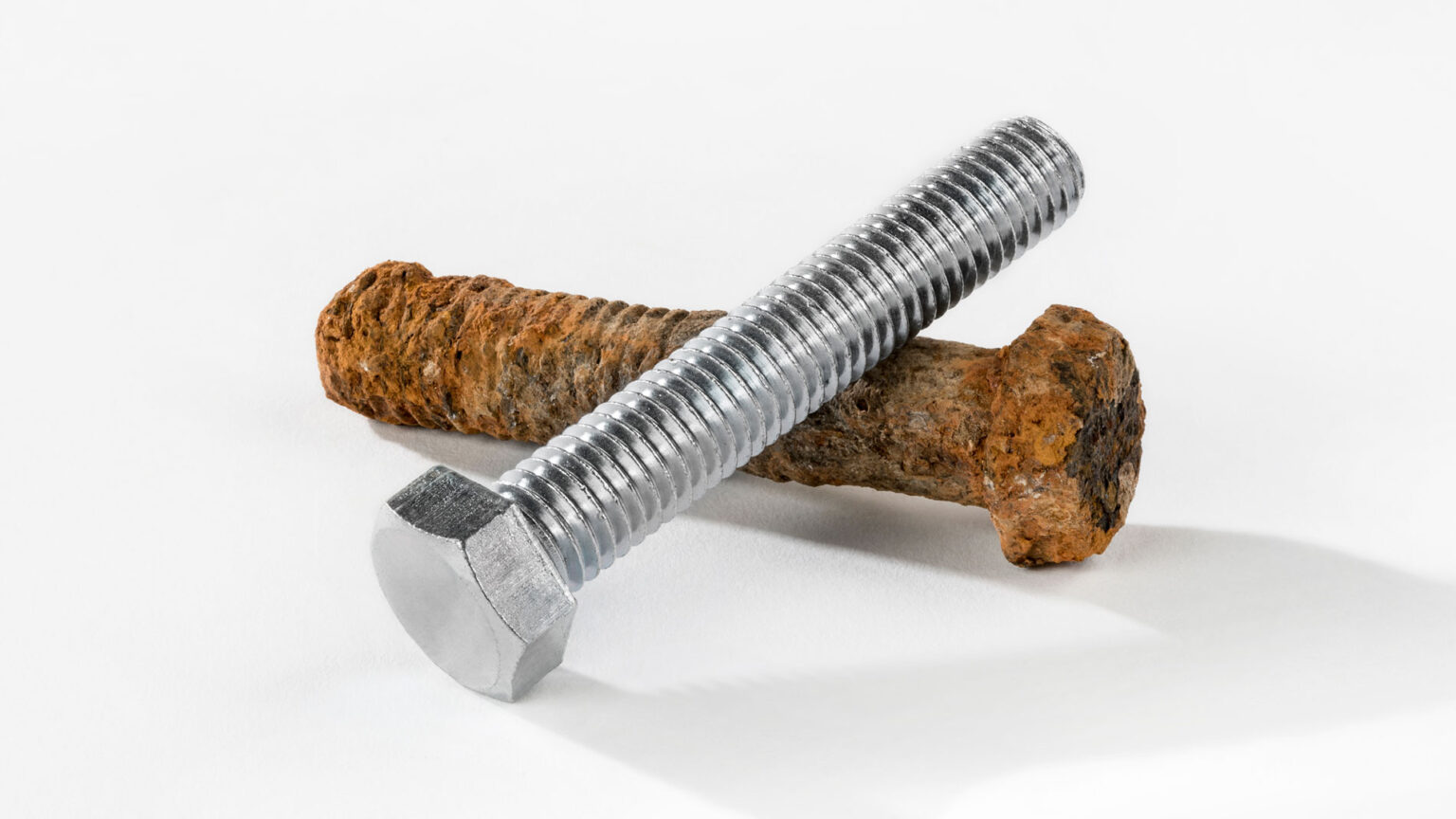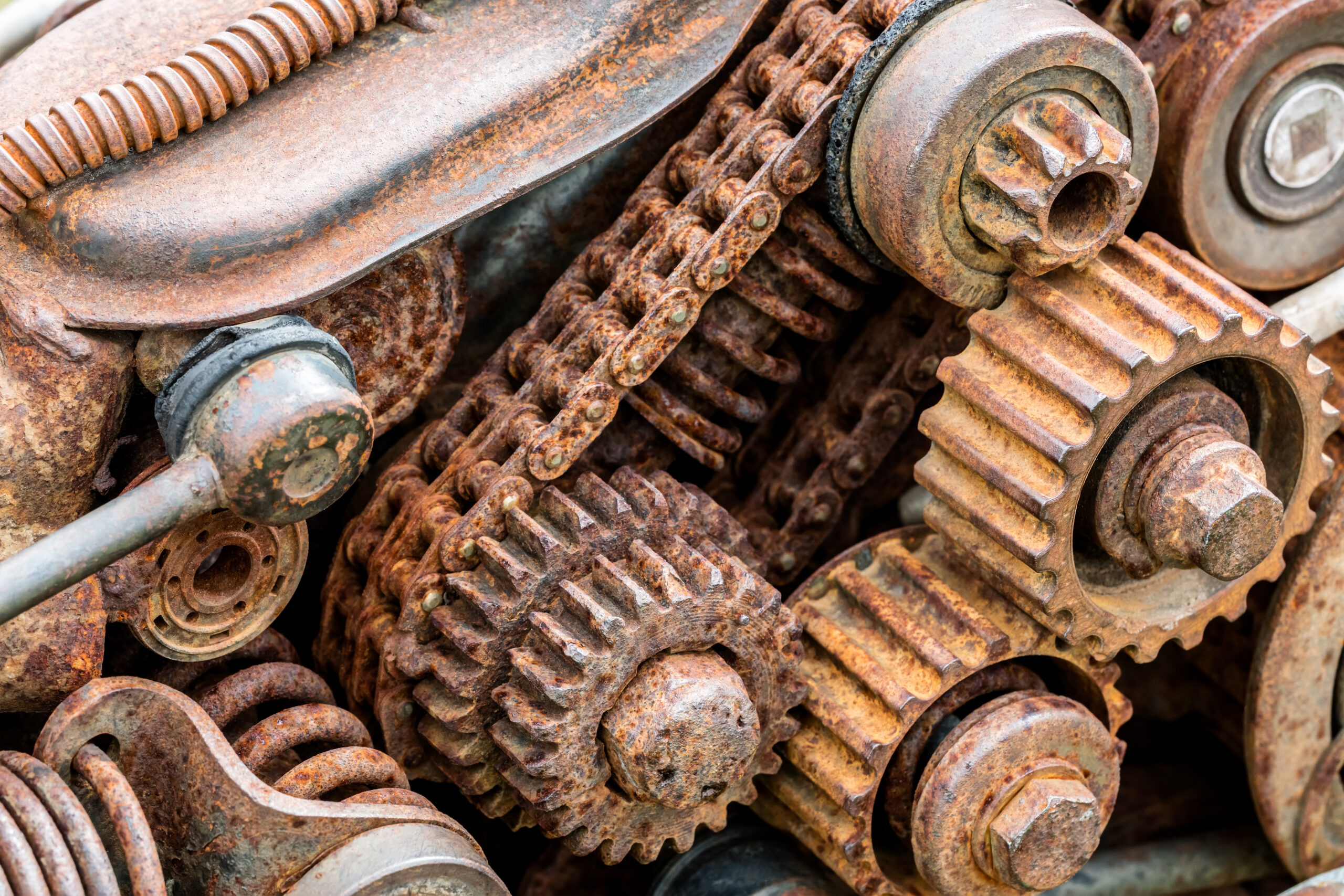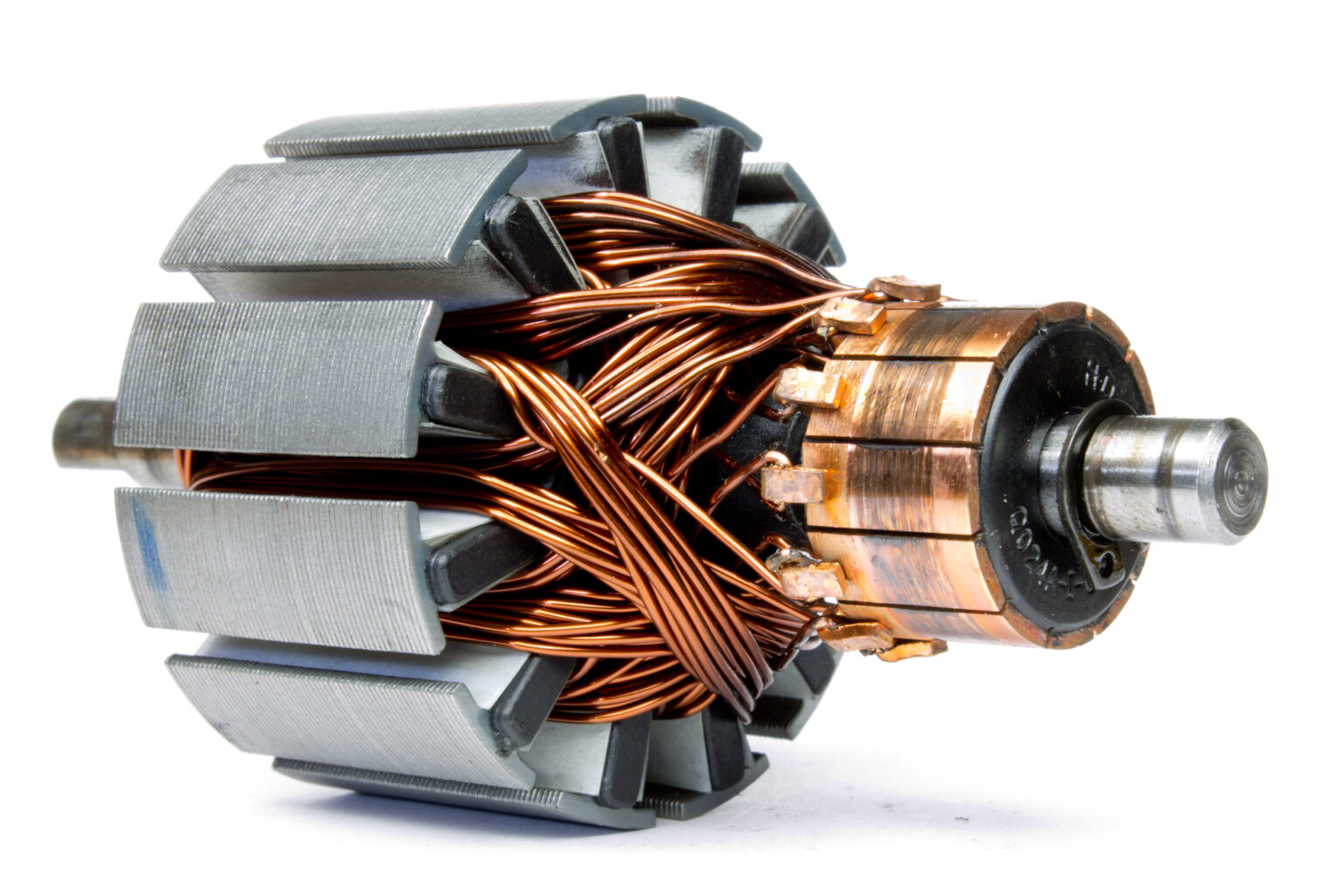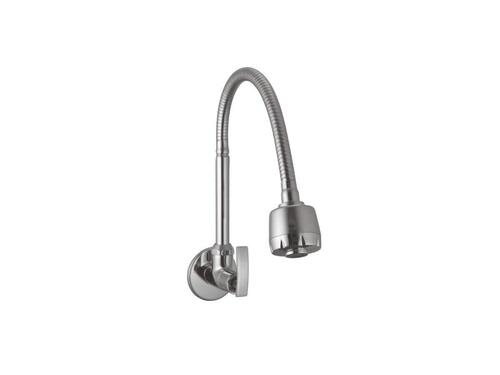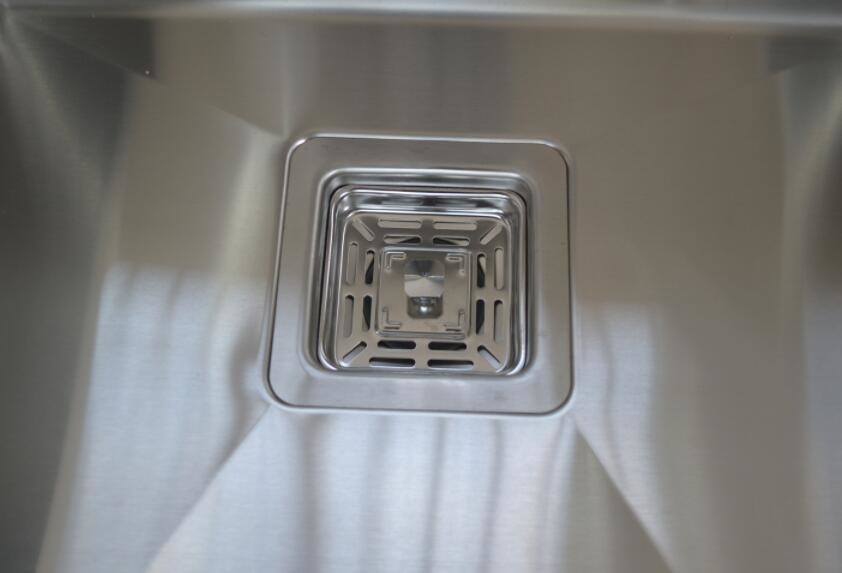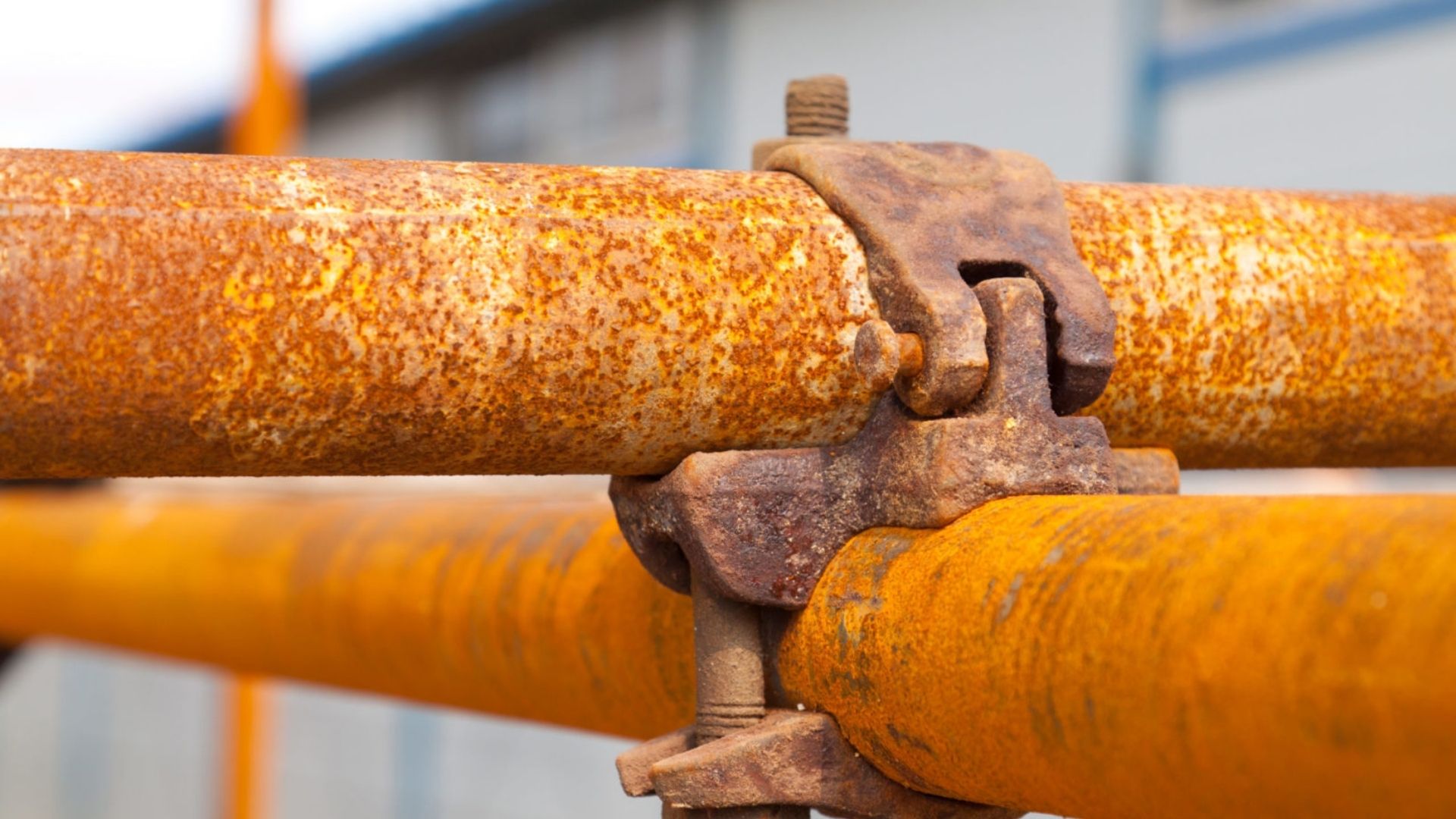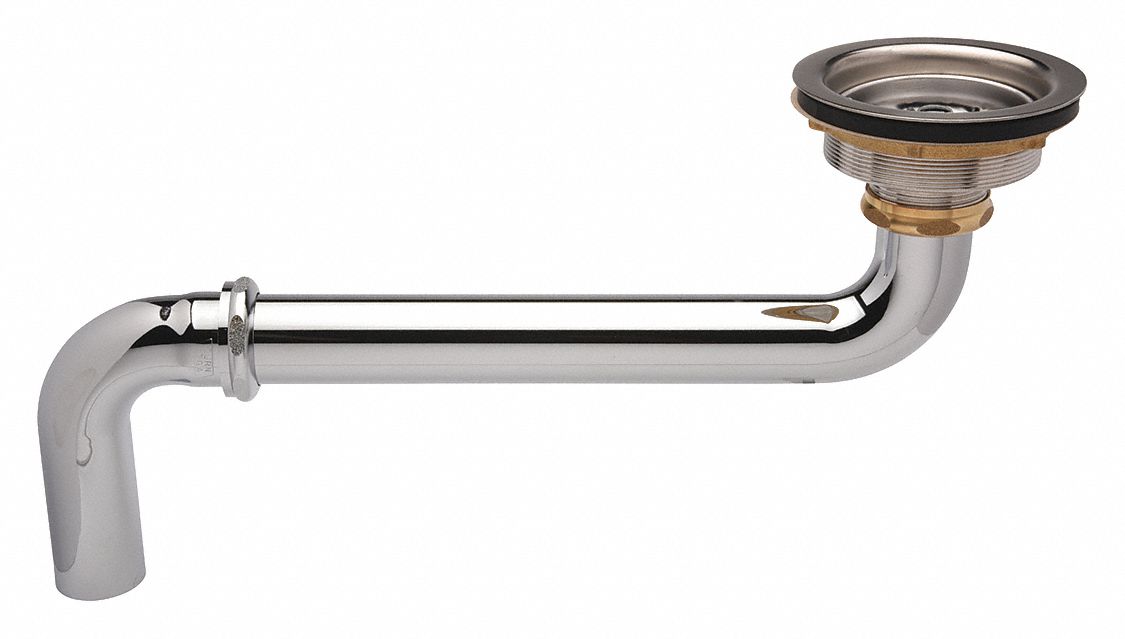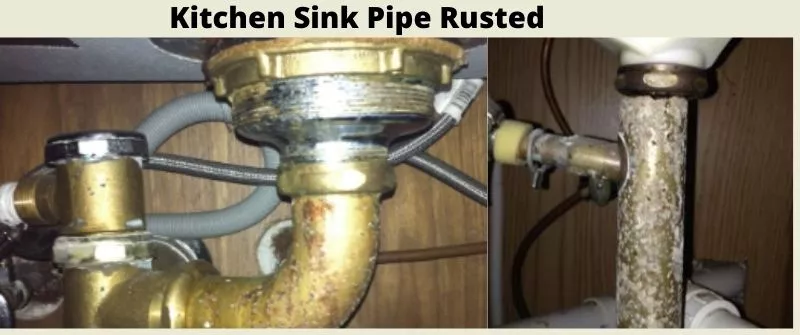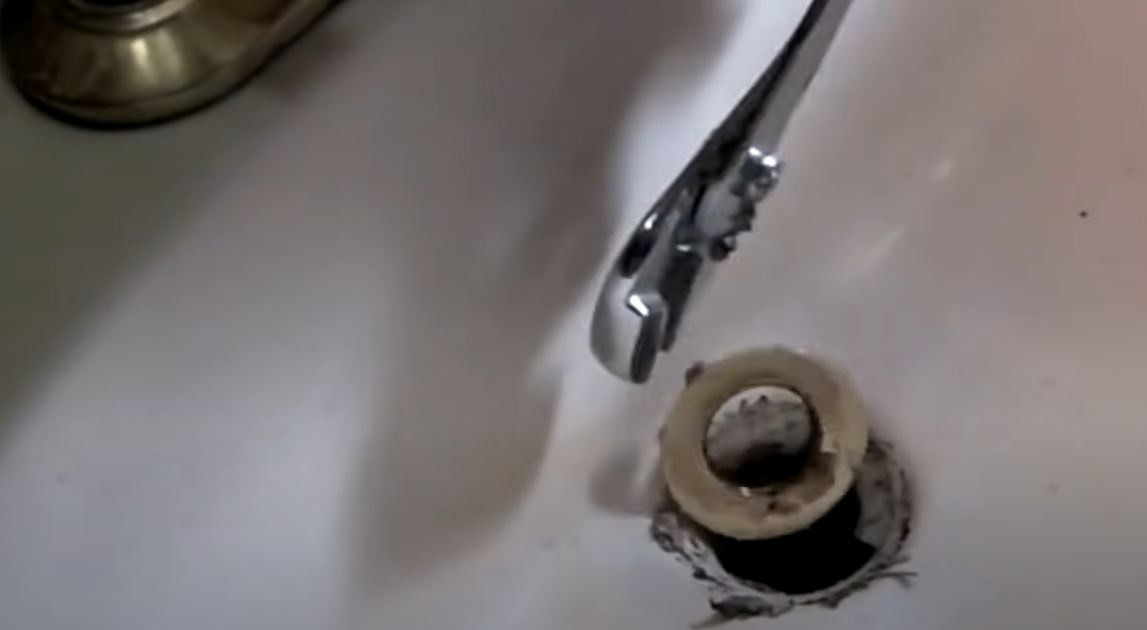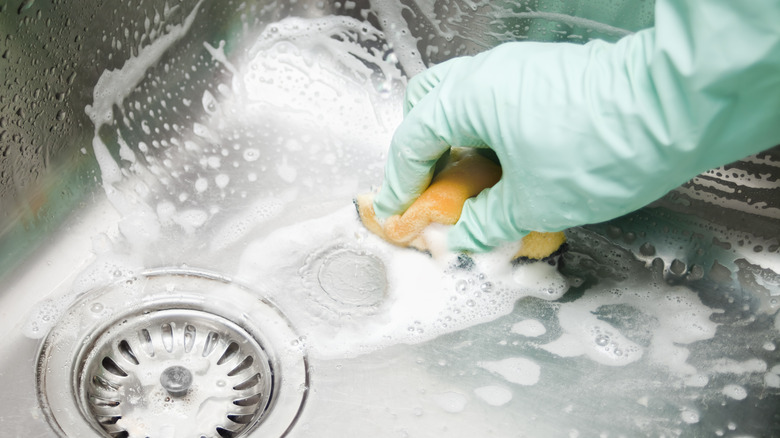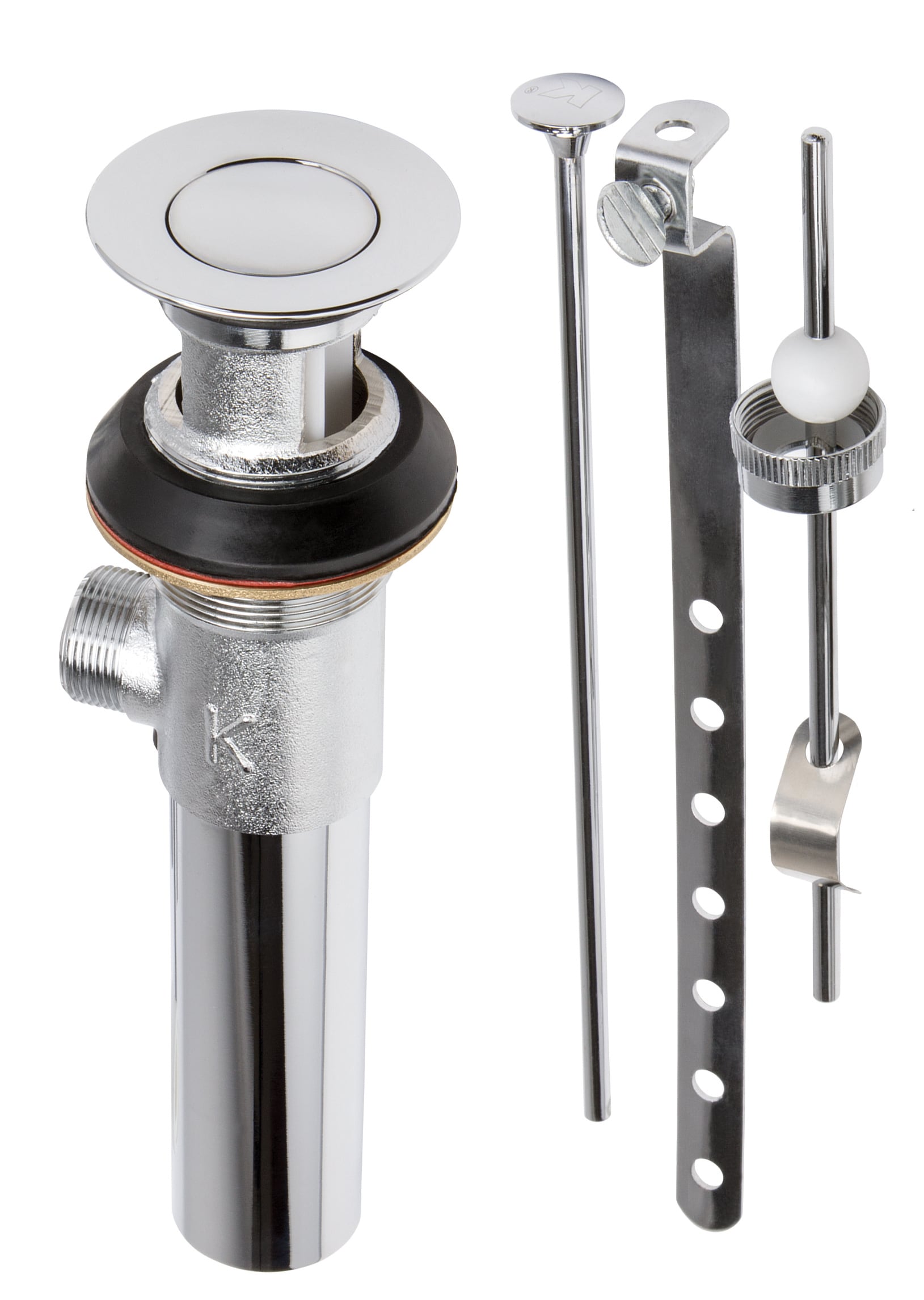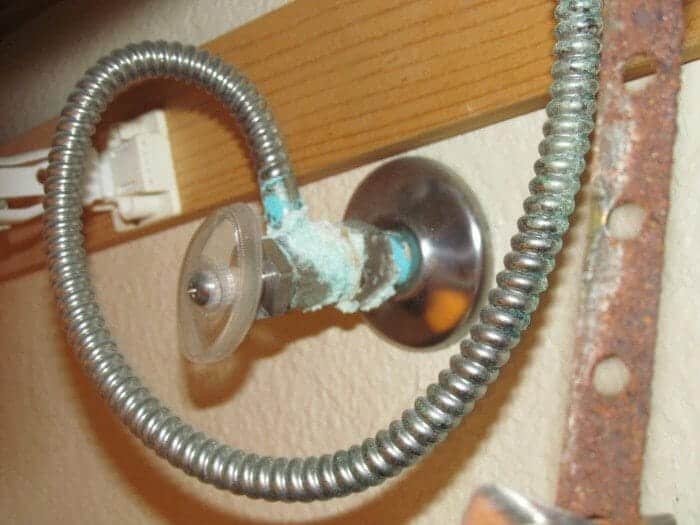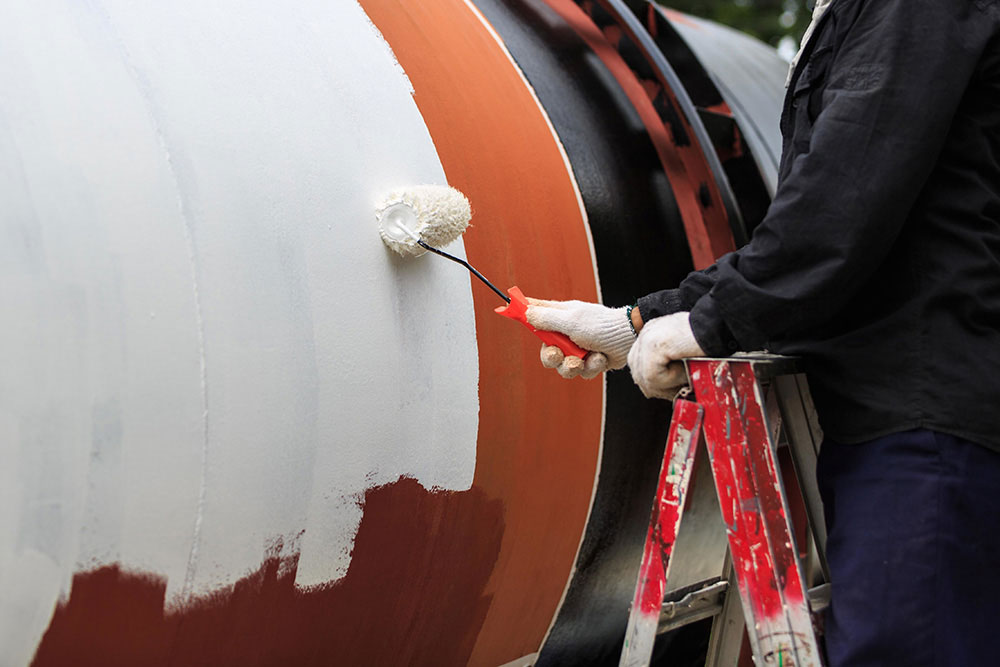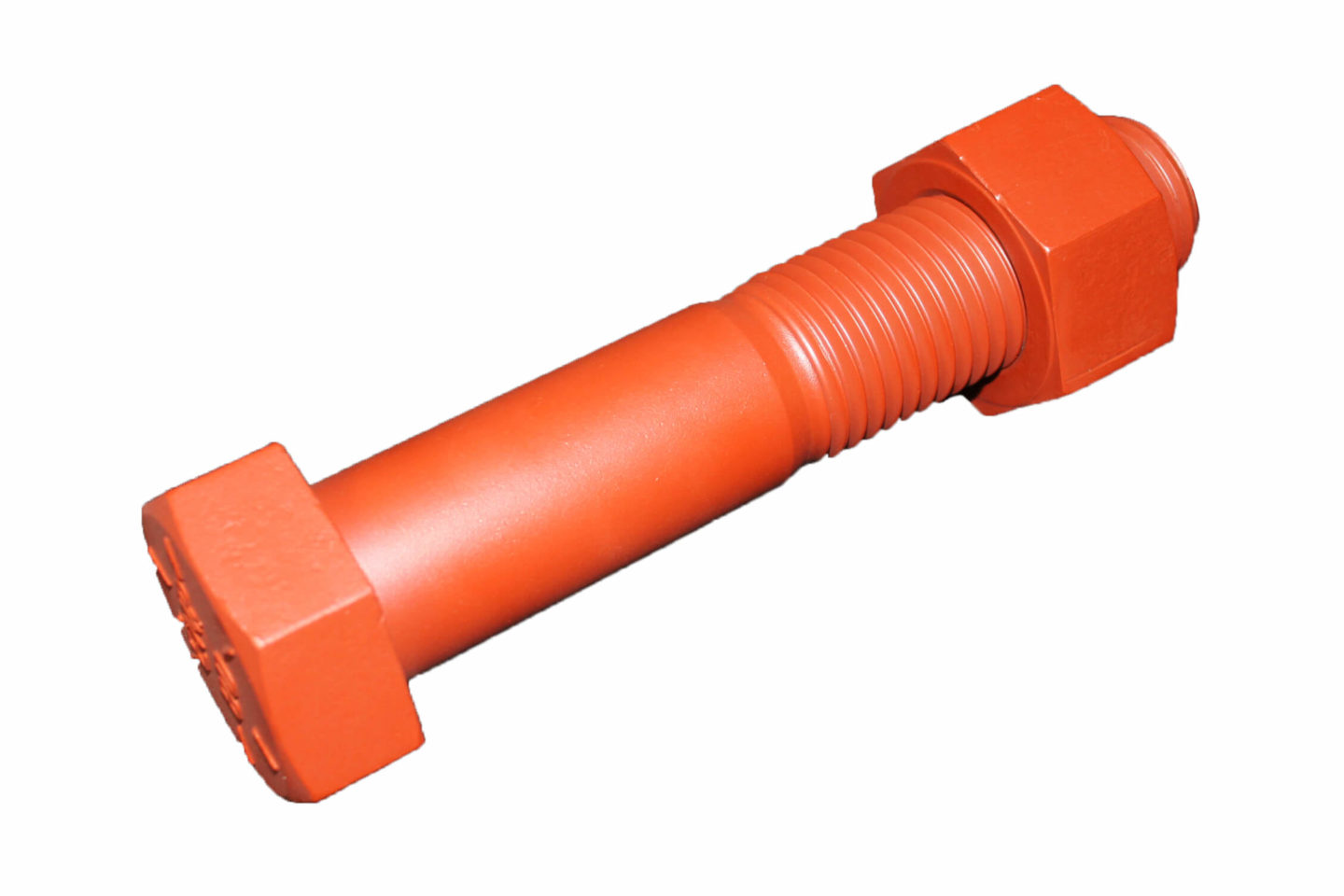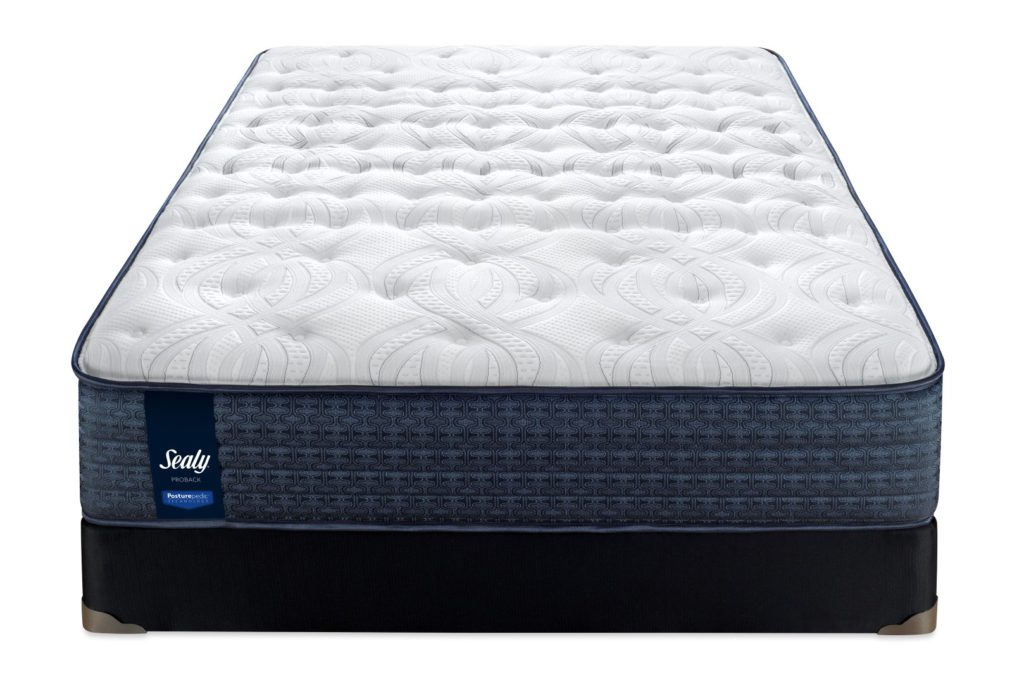How to Clean a Corroded Kitchen Sink Drain
If you've noticed a foul odor coming from your kitchen sink or water draining slowly, it could be a sign of a corroded kitchen sink drain. Over time, the constant exposure to water and food particles can cause the metal of your drain to deteriorate and form corrosion. Not only is this unappealing, but it can also lead to leaks and other plumbing issues. But don't worry, with a few simple steps, you can clean your corroded kitchen sink drain and get it back to functioning properly.
How to Fix a Corroded Kitchen Sink Drain
If your kitchen sink drain has already been damaged by corrosion, it may need to be fixed or replaced. If you're a handy DIYer, you can try fixing it yourself by using a wire brush to scrub away the corrosion and then applying a corrosion-resistant sealant. However, if the damage is extensive, it's best to call a professional plumber to replace the drain entirely. This will ensure that the problem is fixed properly and prevent any future issues.
Preventing Corrosion in Kitchen Sink Drains
Prevention is always better than a cure, and this applies to your kitchen sink drain as well. To prevent corrosion from occurring, it's important to take some preventative measures. One of the best ways to do this is by keeping your sink clean and free of food particles. Also, avoid using harsh chemicals or abrasive cleaners as these can damage the metal and cause corrosion. Additionally, regularly pouring boiling water down your sink can help dissolve any buildup that could lead to corrosion.
Replacing a Corroded Kitchen Sink Drain
If your kitchen sink drain is beyond repair, it's time to replace it. This is not a difficult task, but it does require some basic plumbing knowledge. Start by turning off the water supply and unscrewing the drain from the bottom of the sink. Then, remove the old drain and replace it with a new one. Make sure to use a corrosion-resistant material, such as stainless steel, to prevent the same issue from happening in the future.
Corrosion-Resistant Materials for Kitchen Sink Drains
When it comes to preventing corrosion in your kitchen sink drain, using the right materials is crucial. Stainless steel, brass, and copper are all excellent options as they are naturally resistant to corrosion. You can also find drains with a PVC coating, which provides an extra layer of protection against corrosion. It's important to invest in quality materials for your kitchen sink drain to ensure it lasts for years to come.
Signs of Corrosion in Kitchen Sink Drains
It's important to keep an eye out for signs of corrosion in your kitchen sink drain so you can address the issue before it becomes a bigger problem. Some common signs of corrosion include discoloration, foul odor, slow draining, and leaks. If you notice any of these issues, it's best to take action right away to prevent further damage to your drain and plumbing system.
DIY Solutions for Corroded Kitchen Sink Drains
If you're dealing with minor corrosion in your kitchen sink drain, there are a few DIY solutions you can try. One option is to create a paste using baking soda and water and apply it to the affected area. Let it sit for a few minutes before scrubbing it away with a wire brush. Another option is to pour a mixture of vinegar and baking soda down the drain and let it sit for a few hours before rinsing it out. These solutions can help dissolve the corrosion and improve the functionality of your drain.
Professional Repair for Corroded Kitchen Sink Drains
In some cases, DIY solutions may not be enough to fix a corroded kitchen sink drain. If the damage is extensive or if you're not comfortable with DIY repairs, it's best to call a professional plumber. They have the expertise and tools needed to properly repair or replace your drain and prevent any further corrosion from occurring.
How to Maintain Kitchen Sink Drain to Prevent Corrosion
Regular maintenance is key to preventing corrosion in your kitchen sink drain. This includes keeping your sink clean, avoiding harsh chemicals, and regularly pouring boiling water down the drain. You should also check for any leaks or buildup and address them promptly. By staying on top of maintenance, you can extend the lifespan of your kitchen sink drain and prevent costly repairs in the future.
Corrosion-Proof Coatings for Kitchen Sink Drains
If you live in an area with hard water or have a history of corrosion in your kitchen sink drain, you may want to consider using a corrosion-proof coating. These coatings are designed to protect the metal of your drain from the damaging effects of water and other substances. They can be easily applied and provide an extra layer of protection for your drain.
Kitchen Sink Drain Underneath Corrosion: A Common Issue in House Design

The Importance of Proper Drainage in House Design
:max_bytes(150000):strip_icc()/how-to-install-a-sink-drain-2718789-hero-24e898006ed94c9593a2a268b57989a3.jpg) When it comes to designing a house, the drainage system is often overlooked. However, it is a crucial aspect that can greatly affect the overall functionality and longevity of a home. One common issue that many homeowners face is corrosion in the kitchen sink drain underneath. This can lead to a variety of problems, including clogged drains, foul odors, and even structural damage. In this article, we will take a closer look at this issue and discuss some solutions to prevent and address it.
When it comes to designing a house, the drainage system is often overlooked. However, it is a crucial aspect that can greatly affect the overall functionality and longevity of a home. One common issue that many homeowners face is corrosion in the kitchen sink drain underneath. This can lead to a variety of problems, including clogged drains, foul odors, and even structural damage. In this article, we will take a closer look at this issue and discuss some solutions to prevent and address it.
Understanding Corrosion in Kitchen Sink Drain Underneath
 Corrosion is the process of metal deteriorating due to exposure to water, chemicals, and other elements. In the case of kitchen sink drain underneath, the most common cause of corrosion is the buildup of food particles, grease, and soap scum. These substances can accumulate in the drain and create a breeding ground for bacteria and other microorganisms, leading to the breakdown of the metal.
Corrosion is the process of metal deteriorating due to exposure to water, chemicals, and other elements. In the case of kitchen sink drain underneath, the most common cause of corrosion is the buildup of food particles, grease, and soap scum. These substances can accumulate in the drain and create a breeding ground for bacteria and other microorganisms, leading to the breakdown of the metal.
Preventing Corrosion in Kitchen Sink Drain Underneath
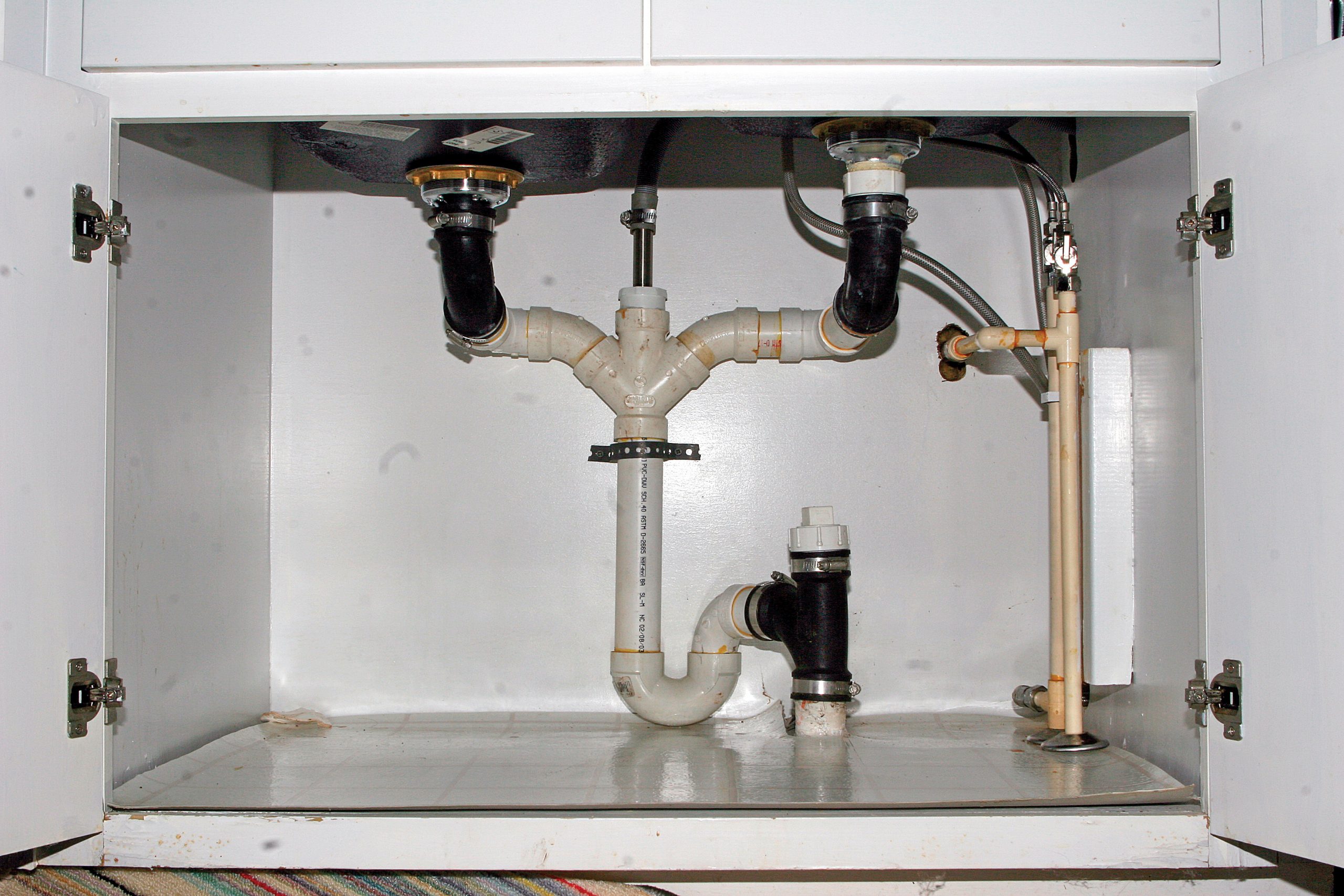 The best way to address corrosion in the kitchen sink drain underneath is to prevent it from happening in the first place. This can be achieved by implementing proper maintenance and cleaning practices. Regularly flushing out the drain with hot water and a mixture of baking soda and vinegar can help to break down any buildup and prevent corrosion. Additionally, using a drain cover can prevent food particles and other debris from entering the drain and causing damage.
The best way to address corrosion in the kitchen sink drain underneath is to prevent it from happening in the first place. This can be achieved by implementing proper maintenance and cleaning practices. Regularly flushing out the drain with hot water and a mixture of baking soda and vinegar can help to break down any buildup and prevent corrosion. Additionally, using a drain cover can prevent food particles and other debris from entering the drain and causing damage.
Addressing Existing Corrosion
 If you are already experiencing corrosion in your kitchen sink drain underneath, there are a few steps you can take to address the issue. First, try using a plunger or a drain snake to remove any clogs and buildup in the drain. You can also use a commercial drain cleaner, but be sure to follow the instructions carefully and use protective gear as these products contain harsh chemicals. If the corrosion is severe, it may be necessary to call a professional plumber to properly clean and repair the drain.
If you are already experiencing corrosion in your kitchen sink drain underneath, there are a few steps you can take to address the issue. First, try using a plunger or a drain snake to remove any clogs and buildup in the drain. You can also use a commercial drain cleaner, but be sure to follow the instructions carefully and use protective gear as these products contain harsh chemicals. If the corrosion is severe, it may be necessary to call a professional plumber to properly clean and repair the drain.
Conclusion
 In conclusion, corrosion in the kitchen sink drain underneath is a common issue in house design that can lead to various problems. By implementing proper maintenance and cleaning practices, you can prevent this issue from occurring and ensure the longevity of your drainage system. If you are already facing corrosion, it is important to address it promptly to avoid further damage. With proper care and attention, you can keep your kitchen sink drain and overall house design in excellent condition for years to come.
In conclusion, corrosion in the kitchen sink drain underneath is a common issue in house design that can lead to various problems. By implementing proper maintenance and cleaning practices, you can prevent this issue from occurring and ensure the longevity of your drainage system. If you are already facing corrosion, it is important to address it promptly to avoid further damage. With proper care and attention, you can keep your kitchen sink drain and overall house design in excellent condition for years to come.



